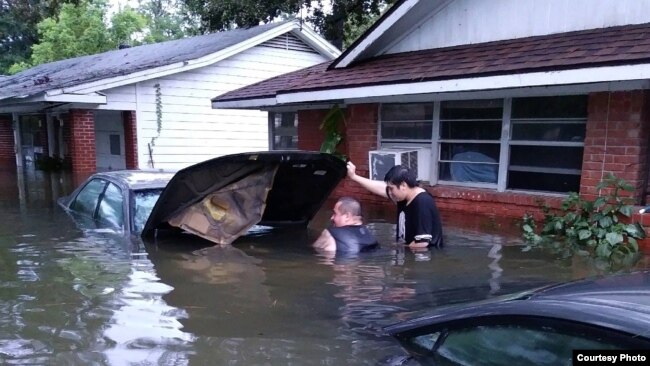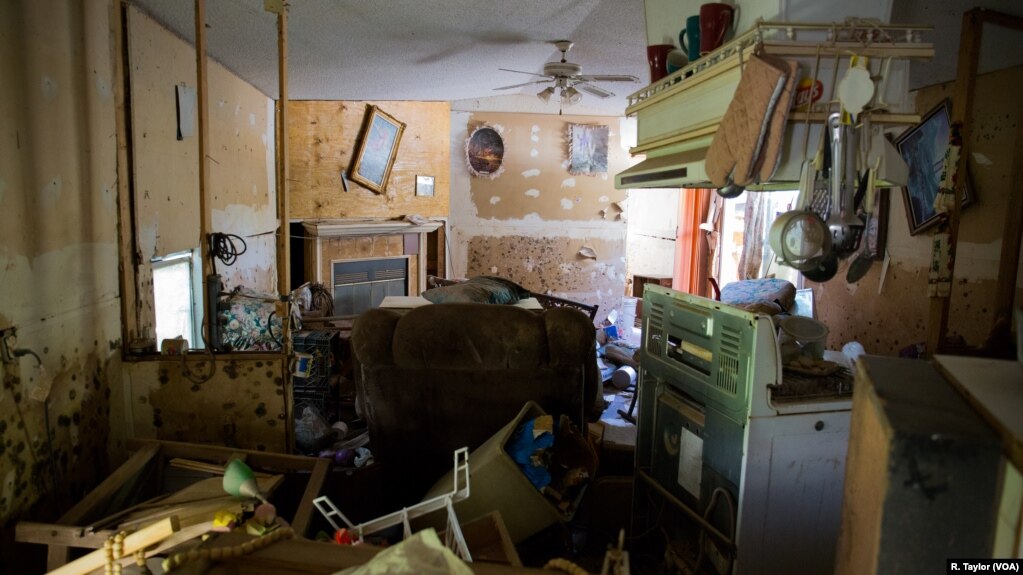usmbguest5318
Gold Member
The question for th is thread is whether Trump will be merely transactional (bullet list items below) or strategic (final paragraph).
Hurricane Harvey is Donald Trump's first natural disaster as POTUS. I suspect that for the most part, Trump really can't screw-up "presidenting" his way through it. After all, what's a POTUS to do in such instances?
Hurricane Harvey is Donald Trump's first natural disaster as POTUS. I suspect that for the most part, Trump really can't screw-up "presidenting" his way through it. After all, what's a POTUS to do in such instances?
- Make clear that that one has charged one's staff to handle it with all due aplomb and alacrity.
- Assuage the feelings of hurt, loss, and angst among disaster victims and their loved ones.
- Visit the locality and be seen to look like one gives a damn.




